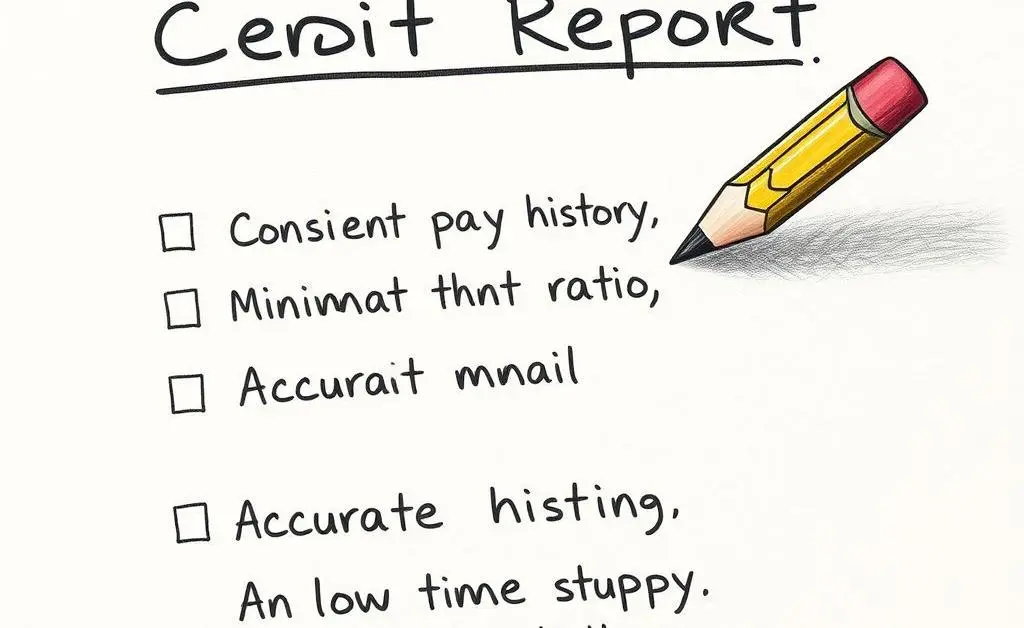Understanding Credit Scores: A Friendly Guide to Boosting Your Financial Health
Discover tips on improving your credit score and why it matters. A friendly, practical guide to financial empowerment.

Ever wondered what really goes into that mysterious number known as your credit score? You're not alone! In truth, understanding your credit score is like deciphering a secret code of your financial health—it can unlock many doors or leave them firmly shut. Let's demystify it together and explore how you can nurture your score like a potted plant on your windowsill.
What is a Credit Score?
Imagine your credit score as your financial homework report card. It’s a number, usually between 300 and 850, that predictably indicates how likely you are to repay debt. The higher the score, the better. But what goes into this number?
- Payment History: Have you been a responsible borrower and paid bills on time?
- Credit Utilization: Are you using all your available credit or keeping it minimal?
- Credit History Length: How long have you been handling credit?
- New Credit: Are you frequently opening new credit accounts?
- Credit Mix: Do you have a diversified credit profile—loans, credit cards, etc.?
Common Credit Misconceptions
Many people believe checking your credit report hurts your score—spoiler alert, it doesn’t if you check your own report. It’s crucial to review your reports from the big three: Experian, Equifax, and TransUnion at least once a year for accuracy.

Here's a fictional yet relatable story: My friend Sam was puzzled by a lower-than-expected credit score. After a bit of detective work, he found an error on his report, promptly corrected it, and voilà! His score improved, teaching us that vigilance pays off.
Tips for Boosting Your Credit Score
Want to give your credit score a much-needed boost? Here are some pointers:
- Pay bills on time—consider setting up automatic payments.
- Keep your credit utilization below 30% of your total limit.
- Limit hard inquiries (where lenders review your credit) when shopping for a loan.
- Maintain long-standing credit accounts.

Building Better Habits
Much like tending a garden, building good credit takes regular care and attention. Develop habits like budgeting each month and regularly checking your credit report to ensure everything's in order.

With patience and diligence, you’ll see your credit score grow healthier over time. After all, wouldn’t it be nice to have lenders view your financial profile as stable and trustworthy?
Do you have any funny—or frustrating—credit legends you've heard, or perhaps tips that work wonders for you? Feel free to share your experiences and insights!




